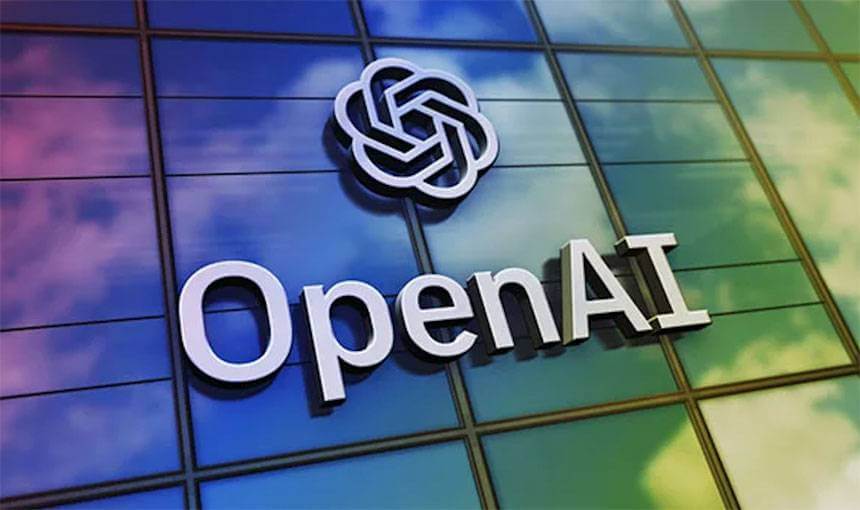OpenAI has recently unveiled its most advanced speech-to-speech AI model, gpt-realtime, along with updates to its Realtime API, marking a significant leap forward in the creation of human-like AI interactions. This innovative model is set to empower developers and enterprises to build more reliable and natural-sounding voice agents for a variety of real-world applications.
Key Features and Capabilities
Gpt-realtime stands out due to its ability to directly process and generate audio, eliminating the traditional, complex chain of speech-to-text-to-speech conversion. This streamlined approach significantly reduces latency, resulting in more natural and expressive conversations. The model demonstrates improvements across several key areas:
- Enhanced Audio Quality: Gpt-realtime produces higher-quality speech that sounds more natural, capturing nuances in speech to create an enjoyable and continuous conversation with users.
- Improved Intelligence: The model showcases stronger reasoning and is better at interpreting system messages and developer prompts. It can follow complex instructions more reliably, including reading disclaimer scripts word-for-word or repeating back alphanumerics.
- Precision in Function Calling: Gpt-realtime can call the right tools at the right time with appropriate arguments, leading to higher accuracy in production environments. Its function calling performance scores 66.5% on the ComplexFuncBench audio eval, compared to 49.7% of OpenAI's previous model from December 2024.
- Seamless Language Switching: The model can switch seamlessly between languages mid-sentence, catering to multilingual communication needs.
- Emotional Intelligence: Gpt-realtime can understand nonverbal cues like laughter and adapt its tone accordingly, creating a more empathetic and engaging user experience. It can also follow fine-grained instructions such as "speak quickly and professionally" or "speak empathetically in a French accent".
- Multimodal Capabilities: The updated Realtime API now supports image inputs, allowing voice agents to process images and describe their contents.
Realtime API Updates
The Realtime API, now generally available, includes several new features designed to enhance the capabilities and reliability of voice agents:
- MCP Server Support: The API supports remote Model Context Protocol (MCP) servers, standardizing how AI models connect to data hubs and enabling developers to connect their data to AI without custom integrations.
- SIP Phone Calling Support: The API now supports phone calling through Session Initiation Protocol (SIP), making voice agents more accessible and versatile.
- New Voices: Two new voices, Cedar and Marin, are exclusively available in the Realtime API, offering improvements in natural-sounding speech.
- EU Data Residency: The API offers EU data residency, catering to businesses that require data to be stored and processed within the European Union.
Impact and Applications
OpenAI's gpt-realtime and the updated Realtime API have the potential to revolutionize various industries and applications:
- Customer Support: The model's enhanced reasoning, natural speech, and instruction-following abilities make it ideal for handling complex, multi-step customer service requests.
- Personal Assistance: Gpt-realtime can provide more personalized and intuitive assistance, adapting to individual user needs and preferences.
- Education: The model can create engaging and interactive learning experiences, providing students with personalized feedback and support.
- Accessibility: By seamlessly converting text to natural-sounding speech, OpenAI's technology can make digital content more accessible to individuals with disabilities.
Technical Advantages
The gpt-realtime model offers several technical advantages over traditional voice AI systems:
- Lower Latency: The single-step processing flow significantly reduces latency compared to multi-step approaches.
- Preservation of Speech Nuances: The model preserves intonation and emotion in speech, resulting in more natural conversations.
- Simplified Development: The single API reduces development complexity compared to systems requiring multiple APIs.
With the release of gpt-realtime and the updated Realtime API, OpenAI is paving the way for a future where AI interactions are more seamless, natural, and human-like. This technology promises to transform the way we interact with machines, making AI assistants more integrated partners in our daily lives and businesses.















